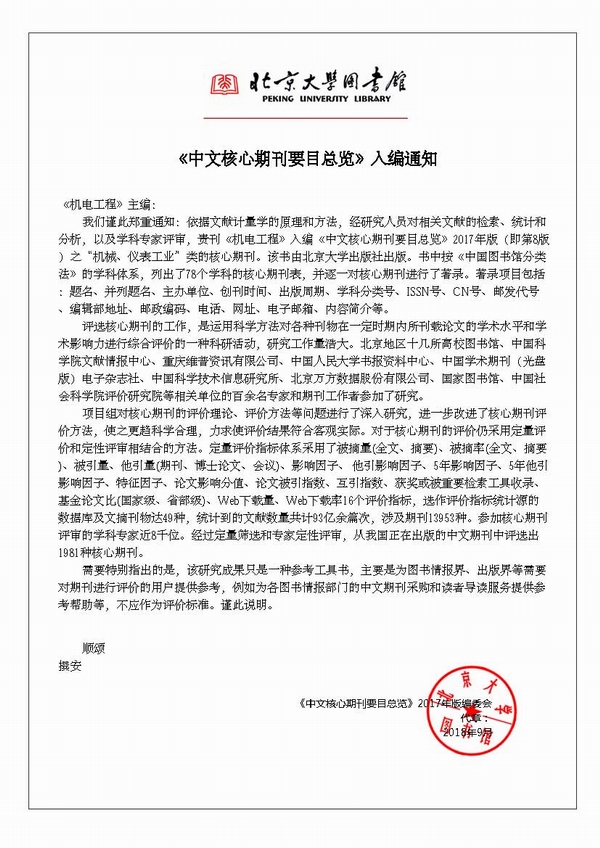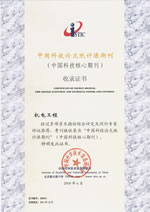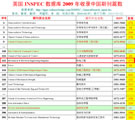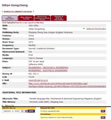
Founded in 1971 >
Chinese Sci-tech Core Periodicals >
British Science Abstracts (SA, INSPEC) Indexed Journals >
United States, Cambridge Scientific Abstract: Technology (CSA: T) Indexed Journals >
United States, Ulrich's Periodicals Directory(UPD)Indexed Journals >
United States, Cambridge Scientific Abstract: Natural Science (CSA: NS) Indexed Journals >
Poland ,Index of Copernicus(IC) Indexed Journals >
International Standard Serial Number:
ISSN 1001-4551
Sponsor:
Zhejiang University;
Zhejiang Machinery and Electrical Group
Edited by:
Editorial of Journal of Mechanical & Electrical Engineering
Chief Editor:
ZHAO Qun
Vice Chief Editor:
TANG ren-zhong,
LUO Xiang-yang
Tel:
86-571-87041360,87239525
Fax:
86-571-87239571
Add:
No.9 Gaoguannong,Daxue Road,Hangzhou,China
P.C:
310009
E-mail:
meem_contribute@163.com
LIU Zhao ying1, WANG Zheng fang1,2, SUN Chuan zhu1, HAN Peng fei1, ZHANG Chuan1
(1.School of Mechanical Engineering, Shandong University of technology, Zibo 255000, China;2.School of Electrical & Electronic Engineering, Zibo Vocational College, Zibo 255000, China)
Abstract: Aiming at the problem of the heavy structure of the rotary support seat of multifunctional transportation vehicle, the high manufacturing cost and a long cycle and low efficiency of the traditional design demonstration, a lightweight design method based on finite element theory and neural network model was proposed. Through Solidworks and Ansys, the finite element model of the rotating support was established and the static simulation analysis of the support was carried out. According to the Latin Hypercube Sampling and finite element method, the sample space of the design parameters was obtained, and a BP neural network model based on particle swarm optimization (PSO) was constructed.The nonlinear relationship between the design variables and the performance parameters was determined instead of the finite element model.Finally, the results were obtained by Ansys simulation demonstration in the calculation of the optimal solution.The results shows that the optimized quality is reduced by 5.4% under the stress and strain constraints.The program has a short period and saves the design and manufacturing costs.
Key words: rotary support; finite element; particle swarm optimization; BP neural network; Matlab







